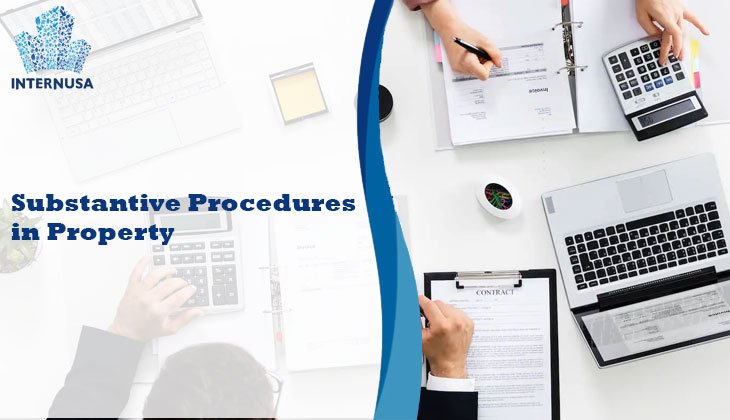Real estate legal issues
Real estate can be a rewarding investment, but it’s not without legal risk. From title defects to zoning violations, real estate legal issues can delay deals, lead to lawsuits, or even result in financial loss. Whether you’re a first-time homebuyer or a seasoned investor, understanding the legal landscape is essential for protecting your assets.
This article will walk you through the most common legal pitfalls in real estate, how to avoid them, and when to seek professional help.
1. Title and Ownership Disputes
A title is the legal proof that you own a property. However, title issues are surprisingly common. These may include:
Unpaid property taxes
Liens from unpaid debts
Undisclosed heirs or ownership claims
Forgery or fraud
🛡️ How to Avoid It:
Always conduct a title search through a certified title company or lawyer. Consider buying title insurance to protect yourself from hidden issues.
2. Zoning and Land Use Violations
Zoning laws dictate what you can and cannot do on a property. For example, you can’t build a factory in a residential zone. Violating zoning rules can result in hefty fines or forced demolitions.
🛠️ Common Mistakes:
Renovating without permits
Operating a business in a residential area
Exceeding height or boundary restrictions
✅ Pro Tip:
Check with your local planning department before buying or modifying any property.
3. Contract Errors and Omissions
Real estate deals involve legally binding contracts. A single error or vague term can lead to disputes.
⚠️ Risky Clauses:
Misstated property boundaries
Undocumented promises (e.g., “seller will fix the roof”)
Missing contingency clauses
📋 How to Protect Yourself:
Have all contracts reviewed by a real estate attorney. Never sign agreements you don’t fully understand.
4. Tenant and Lease Conflicts
If you’re buying a rental property, existing tenants and lease agreements come with it. Conflicts arise when:
Leases are non-compliant with local law
Tenants refuse to vacate
There’s no proper documentation of rental income
💡 Best Practice:
Request all tenant records and verify lease terms. Make sure tenants are notified about ownership transfer.
5. Environmental Compliance Issues
Some properties may be located in areas that are environmentally protected or previously contaminated.
🌍 Legal Risks Include:
Building in flood-prone or protected zones
Contaminated land with hazardous waste
Improper sewage and drainage systems
✅ What to Do:
Get an Environmental Site Assessment (ESA) before purchasing commercial or industrial properties.
6. Construction and Contractor Disputes
Hiring contractors for property development or renovation? Then be aware of:
Licensing issues
Unfulfilled contracts
Construction delays and defects
🧾 Legal Safeguards:
Use a detailed, signed contract
Include timelines and penalties
Ensure workers are insured
7. Cross-Border Property Laws
Buying property in another country brings added complexity, including:
Foreign ownership restrictions
Different tax laws and inheritance rules
Currency and repatriation limits
🌐 Key Tip:
Hire local legal counsel familiar with international property law. Never rely solely on the seller’s agent.
8. Property Inheritance and Succession
When property changes hands after a death, disputes often arise due to:
Lack of a clear will
Unregistered inheritance transfers
Conflicts among heirs
🛡️ How to Avoid This:
Ensure property is legally registered under your name and that succession plans are documented and notarized.
9. Real Estate Fraud
Scams are increasingly common, especially in online property listings. Examples include:
Selling property without the owner’s knowledge
Duplicate listings to collect multiple deposits
Fake documents and forged signatures
🚫 Red Flags:
Deals that seem “too good to be true”
Sellers who avoid legal paperwork
Pressure to pay deposits urgently
✅ Stay Safe:
Use licensed agents, verify identities, and never transfer money without official documentation.
10. Disputes with Neighbors or Developers
Legal problems can arise from:
Boundary disputes
Noise and nuisance complaints
Shared wall or fence disagreements
Unfinished or abandoned developer projects
🧭 Conflict Resolution:
Try mediation first. If unresolved, consult a property dispute lawyer.
When to Hire a Real Estate Lawyer
Hiring a legal professional can save you from expensive mistakes. You should consult a lawyer if:
You’re buying commercial or international property
The deal involves complicated contracts or zoning
There’s a risk of inheritance or title issues
You feel uncertain about any part of the transaction
Case Study: Avoiding a Legal Disaster
In 2023, a buyer in Bali purchased a villa through an unlicensed agent. The land was under customary (adat) law, and the buyer didn’t have building rights (HGB) as a foreigner. The deal was invalid, and the buyer lost over $250,000.
Lesson learned: Always verify legal standing and ownership status before signing anything.
Real estate can be a powerful investment—but only when you stay protected from legal pitfalls. Whether it’s title issues, zoning violations, or fraud, knowing the most common real estate legal issues helps you act wisely and confidently.
For safe and successful investments, always conduct due diligence, work with qualified professionals, and never ignore legal red flags. In real estate, prevention truly is cheaper than cure.






